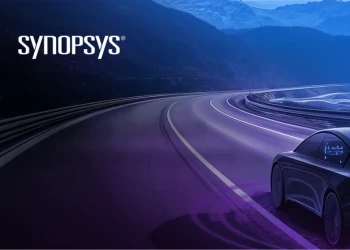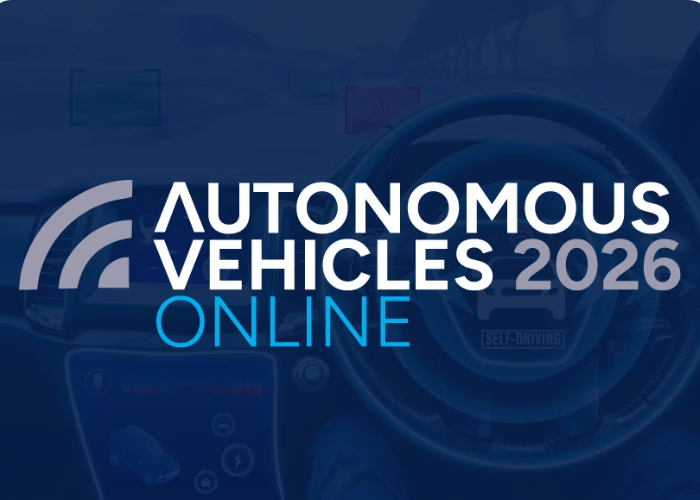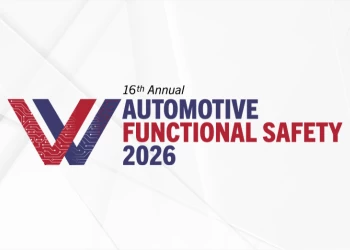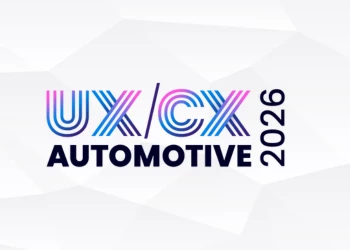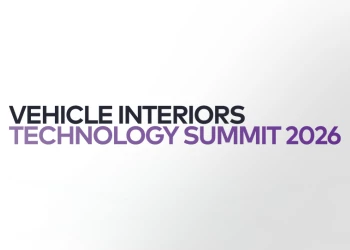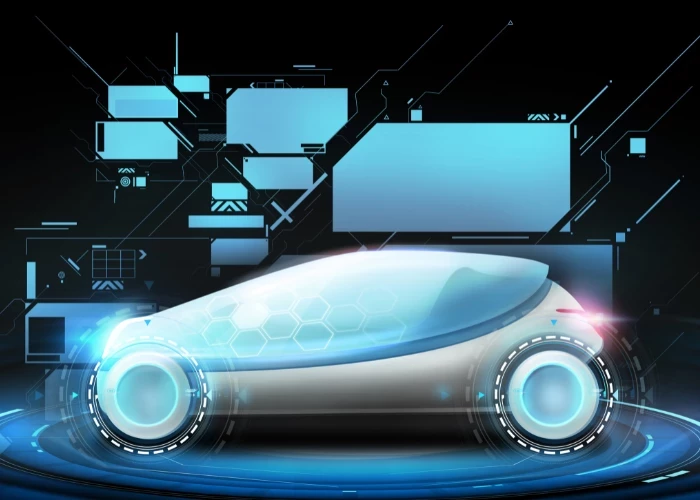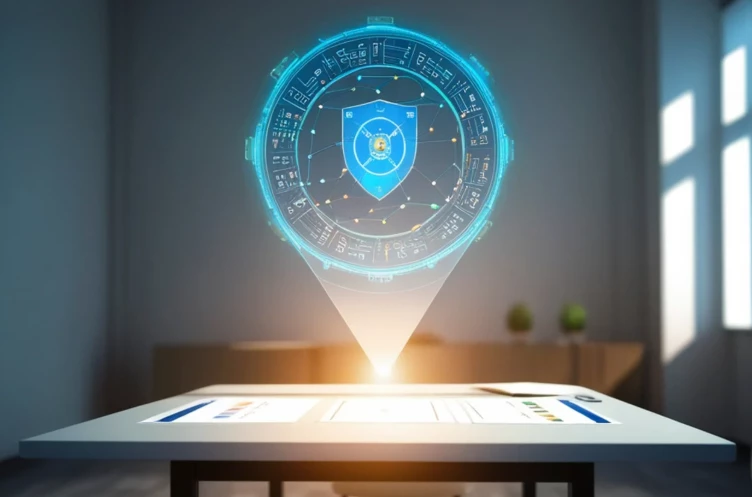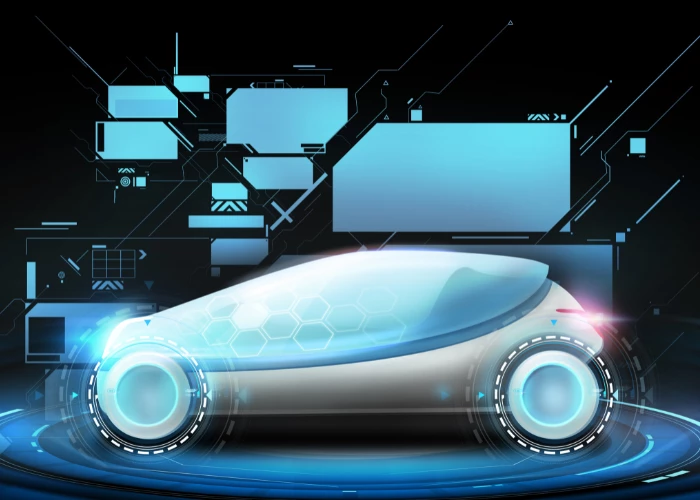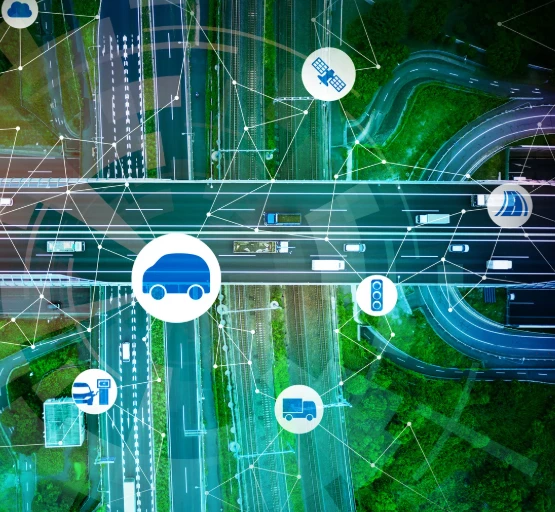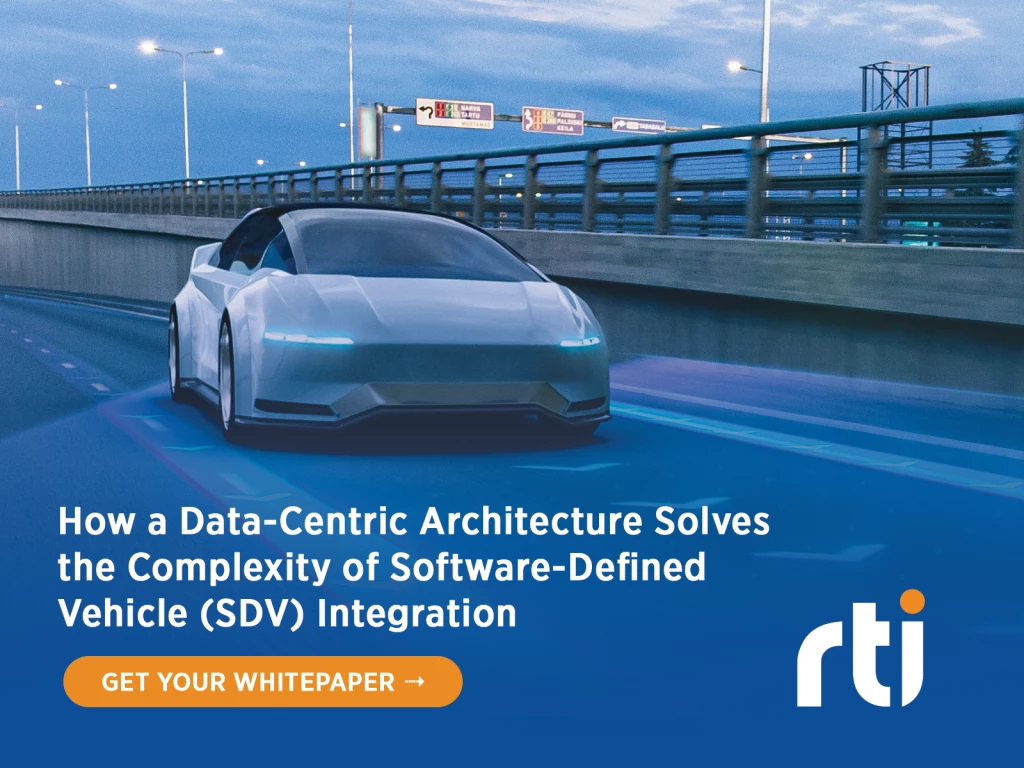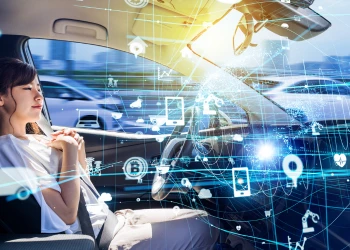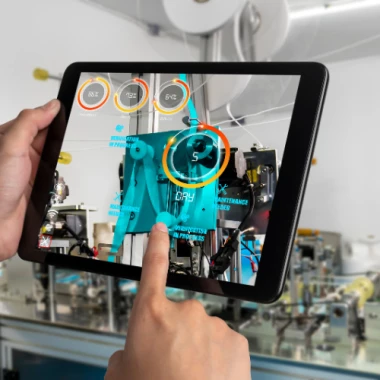IQ News: Toyota and Tesla’s Self-Driving Approach Leads to more Affordable AVs
Toyota joins Tesla in developing self-driving tech with low-cost cameras to scale up AV availability
Add bookmark
Woven Planet, Toyota’s Motor Unit, has adopted a camera-only approach to self-driving instead of using light detection and ranging (LiDAR) measuring technology. Toyota joins Tesla, which is currently the only other company experimenting with a camera-only approach for fully autonomous vehicles (AVs).
For most automakers developing AVs including Ford, General Motors, Uber, and Waymo, LiDAR is considered an essential part of the sensor suite. Toyota and Tesla, however, have advocated for using a low-cost camera as an alternative intelligent visual solution to help lower production costs and scale up AV technology.
Woven Planet told Reuters: “We are able to use cameras to collect data and effectively train its self-driving system, a "breakthrough" that we hope will help drive down costs and scale up the technology.
“Gathering diverse driving data using a massive fleet of cars is critical to developing a robust self-driving car system, but it is costly and not scalable to test AVs only with expensive sensors [like LiDAR technology].”
Tesla has proven that collecting data with self-driving cars through cameras is a reliable and accurate way to determine the advantages and shortcomings of a system. The data captured from Tesla’s camera-only strategy was used to improve the performance of their autopilot and self-driving suites.
TechHQ reported: “Tesla has always taken the approach that cameras are essentially the car’s eyes, and radar or LiDAR equipment is not necessarily crucial in developing a successful self-driving system.”
Elon Musk at Tesla’s Autonomy Day event in April 2019 said: “LiDAR is a fool’s errand and anyone relying on LiDAR is doomed. They are expensive sensors that are unnecessary and essentially a crutch.”
With AVs deep learning algorithms relying on massive amounts of training data to support fully self-driving functionalities, Michael Benisch, VP of Engineering at Woven Planet, emphasised: “We need a lot of data. It is not sufficient to just have a small amount of data that can be collected from a small fleet of very expensive AVs.
“Rather, we are trying to demonstrate that we can unlock the advantages that Toyota and a large automaker would have, which is access to a huge corpus of data, but with a much lower fidelity.”
Woven Planet uses cameras that are 90% cheaper than sensors that it used before and can be easily installed in fleets of passenger cars.
Toyota is also partnering with Aurora in testing an autonomous ride-hailing fleet based on the Toyota Sienna minivans, equipped with LiDAR, radars, and cameras.
"In many years, it is entirely possible that camera type technology can catch up and overtake some of the more advanced sensors, but the question may be more about when and how long it will take to reach a level of safety and reliability. I don't believe we know that yet," Benisch said.
For more on AVs, check out our Autonomous Drive resource centre.
